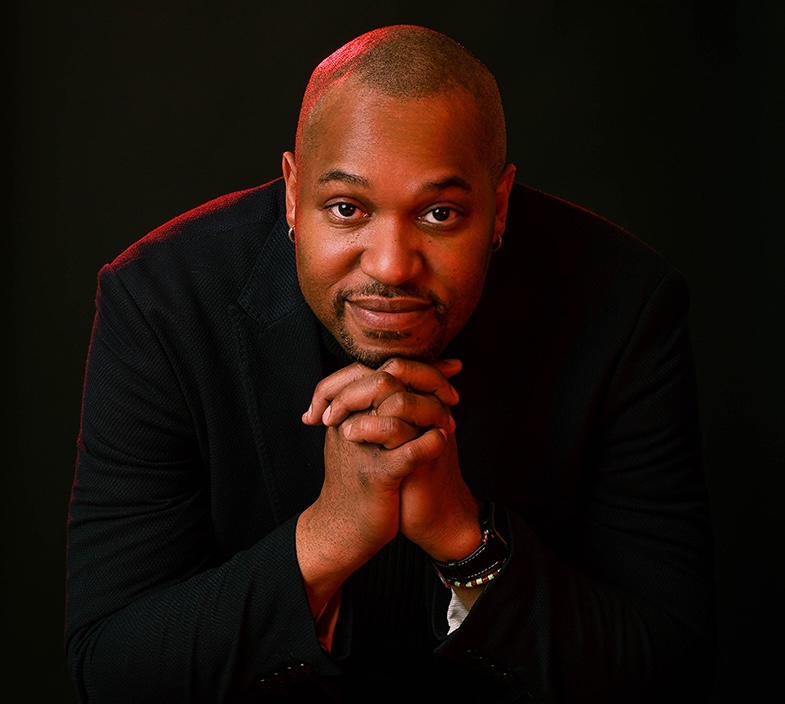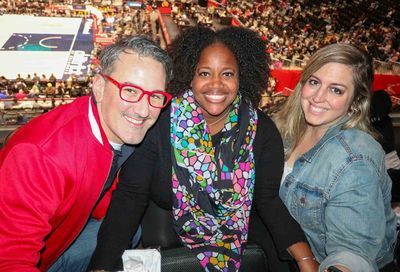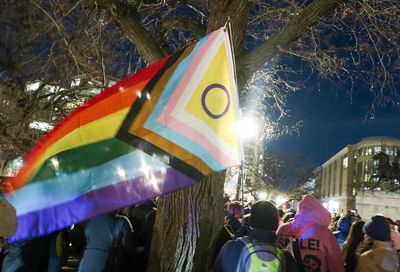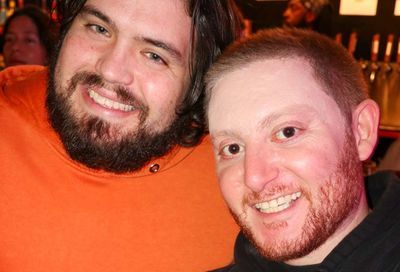Although Owens certainly knows how to attract attention, he and other hardline opponents to marriage equality appear to be part of a shrinking minority.
Indeed, a CNN/ORC International Survey released in June found 54 percent of Americans believe same-sex marriage should be recognized with 42 percent opposed. Those numbers coincided with a 21 percent jump since 2010 in those claiming to know someone who is gay, which has increased from 49 to 60 percent. In his interview with The Huffington Post, Owens said he did not know any same-sex couples personally.
Sharon Lettman-Hicks, executive director and CEO of the National Black Justice Coalition, who was at the convention in Houston, says work must still be done to change hearts and minds within the African-American community, but that is why the NAACP’s support is so important.
”I don’t want for anyone to believe for a minute that the NAACP is walking back from its position [on marriage equality],” says Lettman-Hicks.
LGBT advocates seem to agree that opponents like Owens are losing – and know it.
”Those still leading that fight [against marriage equality] are punching hard and probably because they know they’re on the losing side of it,” says R. Clarke Cooper, executive director of Log Cabin Republicans. ”We’re winning, and why some people are so avid to go down with this ship is beyond me.”
For Cooper, Romney’s decision to tread into territory as controversial as marriage equality was unnecessary.
”Romney was certainly looking for ways to build bridges, but the marriage issue is divisive and could have been left out,” says Cooper, who praised the rest of Romney’s speech.
Although Vice President Joe Biden appeared at the convention the following day, he avoided the issue of marriage and LGBT rights altogether and received a much warmer reception. Biden was only booed when it came time to wrap up his speech.
The magnitude of the rift among African-Americans over the NAACP and Obama’s support for marriage equality may be far less than anything Owens might imagine, says Michael Cole-Schwartz, director of communications for the Human Rights Campaign.
”Any divide that exists is rapidly diminishing,” Cole-Schwartz says. ”I think a lot of that has to do with the president’s leadership.”
However, that vocal minority remains organized and supported by groups such as NOM, which from early on have sought to divide the Democratic base, and in particular African-Americans, over the issue of same-sex marriage. And while their numbers and influence may be diminishing, they are no less boisterous, particularly during an election year.
”You can’t stop an individual’s heart and mind,” says Lettman-Hicks. But, she warns of hardline opponents, ”If we think they’ve gone away, we are confused.”






















